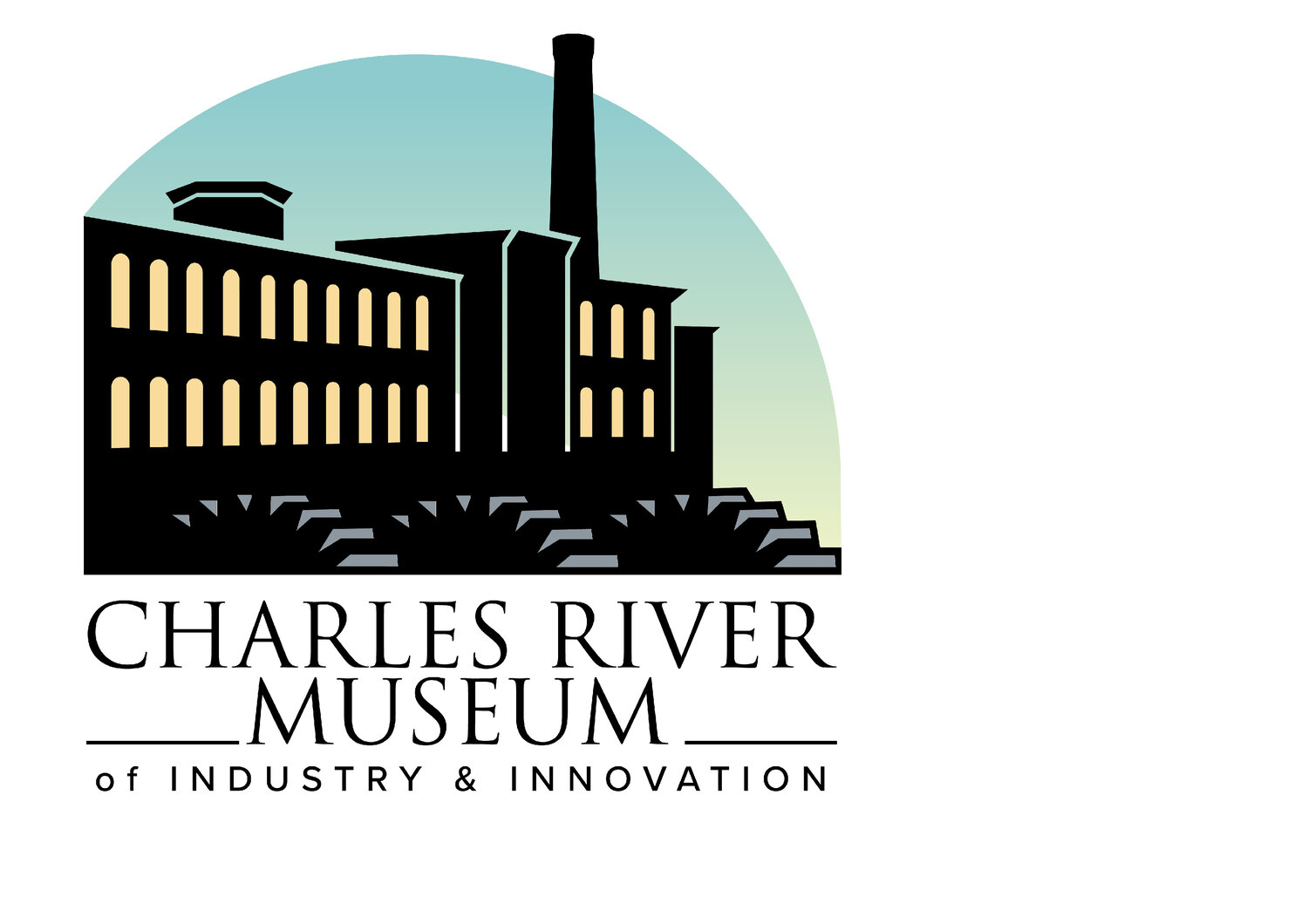The Boston Associates
An introduction to our permanent exhibit on The Boston Associates, founders of the site we, the Charles River Museum of Industry & Innovation, now call our home.
Francis Cabot Lowell (Silhouette), Patrick Tracy Jackson, and Nathan Appleton, and the Boston Manufacturing Company
1. Profit and Paternalism: The Boston Associates and the Development of New England’s Textile Industry and Ecosystem (1813-1860)
In 1934, historian Vera Shlakman coined the term “Boston Associates.” She discovered that a small group of investors from Boston were critical to the larger industrial development of New England. This group, connected by social and blood ties, consolidated wealth and dominated the American textile industry during the first half of the nineteenth century.
This exhibit explores the technological innovations, new business strategies, and shared ideals that characterized the Boston Associates, beginning with Francis Cabot Lowell and the Boston Manufacturing Company in 1813. As absentee owners, they not only ruled the industrial life in places like Waltham, Lowell, Lawrence, Manchester, and Saco; they also contributed to the economic growth of these once-small villages.
Men like Patrick Tracy Jackson, Francis Cabot Lowell and Nathan Appleton were linked together not only because they had made it to the top of Boston’s elite, but because they wanted to make sure that industrial growth did not run amok—that it was restrained by traditional values of community, hard work, social obligation, and decency.
2. The First Fully Integrated Factory, 1815
The Boston Manufacturing Company mechanized the entire process of cotton production, from bale to bolt in one building, combining large capital resources with key technological innovations. Travel back 200 years and encounter a world on the brink of fundamental change, a change from farm to factory, from home production to mass production. The world-altering effects of the evolving Waltham-Lowell System might be reasonably compared to the Wright brothers’ breakthrough of powered human flight nearly a century later.
3. What you will discover
A challenge to conventional views of free-market capitalism.
The Boston Associates rejected profit at all costs and pioneered a blend of corporate acquisition with corporate responsibility.
An integrated narrative, linking topical panels together – on technology, economics, politics, and culture.
Whether covering people, practices, places, or things, a continuous thread runs through all panels, creating a meta-narrative for the visitor—a near-complete overview of New England’s textile industry over a nearly 50-year period.
A Past Imperfect
A heroic tale: The Boston Associates made it possible for this country to break free economically from England, and in turn, rise to prominence as a powerful competitor with other nation states.
Enjoy this 11-minute film introducing The Boston Associates, created by filmmaker Michael Bavaro
Heroic fallibility
Industrial growth was not unequivocally positive—many farmers and undercapitalized merchants were displaced by this business syndicate. The Boston Associates proved both generous and self-serving, the latter leading to some neglectful, and immoral practices, including support of slavery. We must not only celebrate these great venture capitalists of the past but provide a complex view of humanity and its imperfections.




